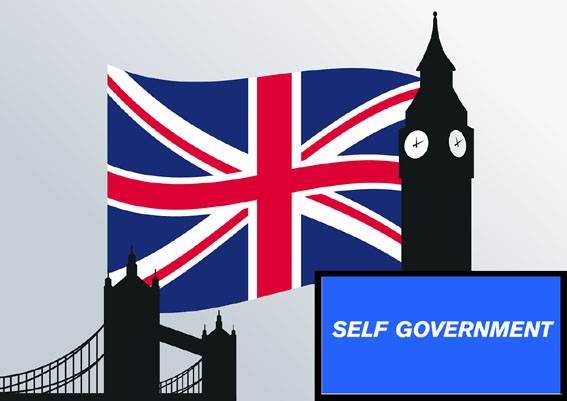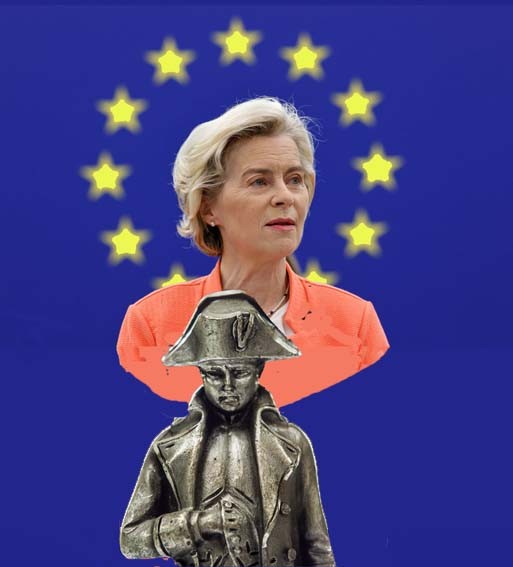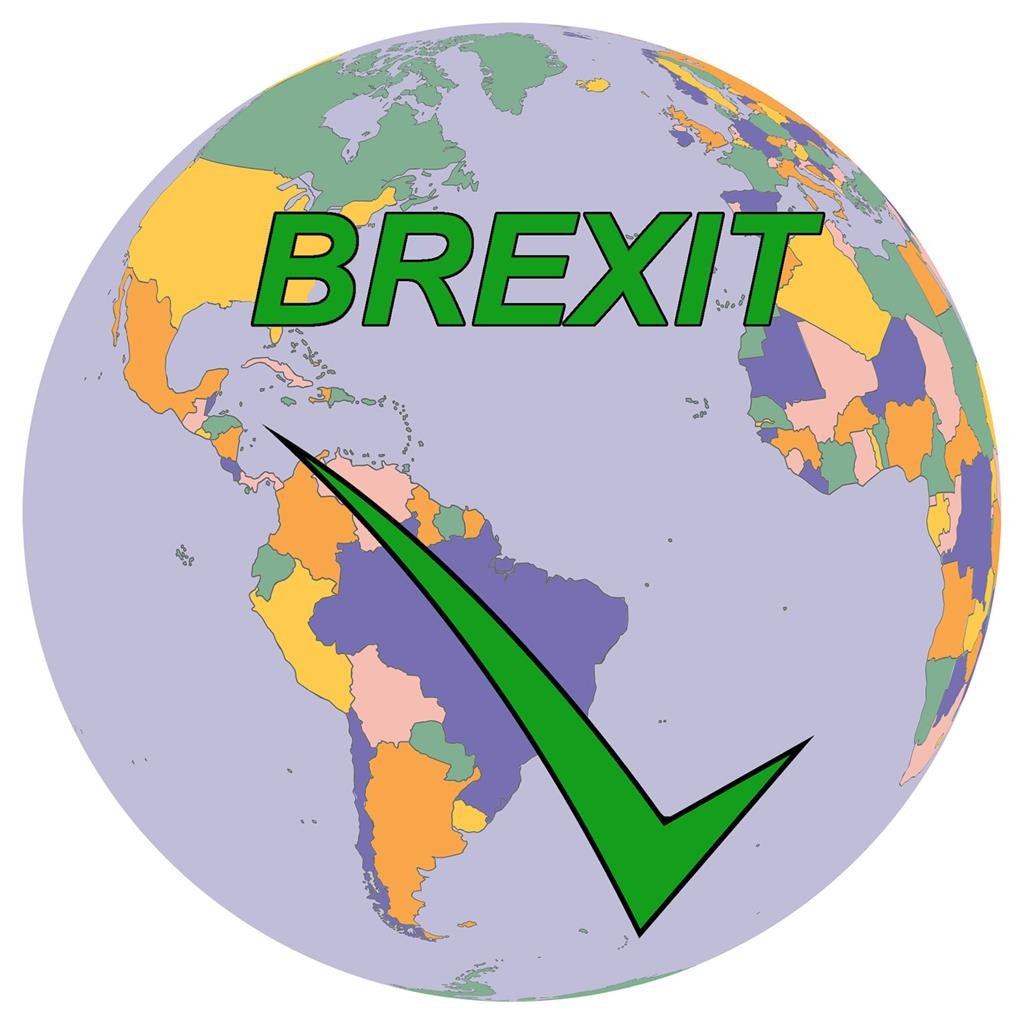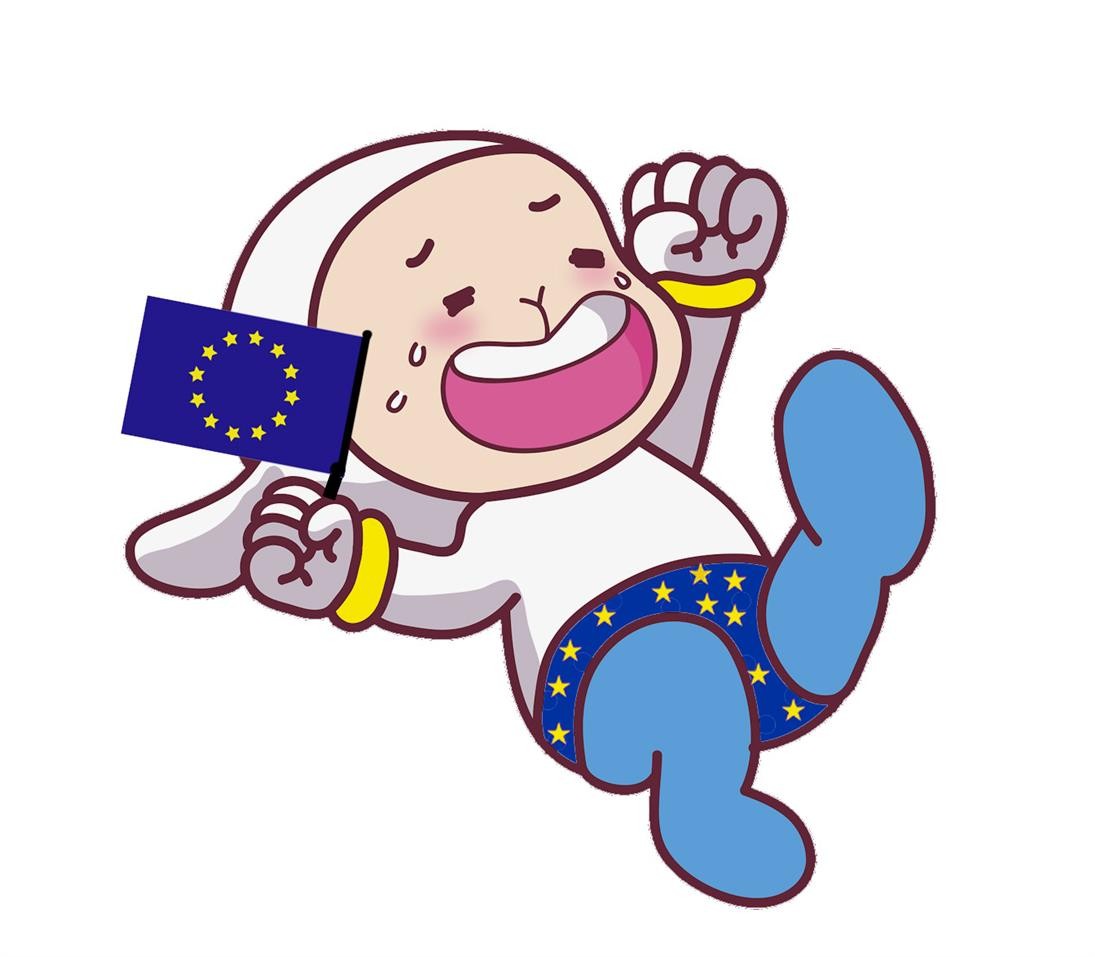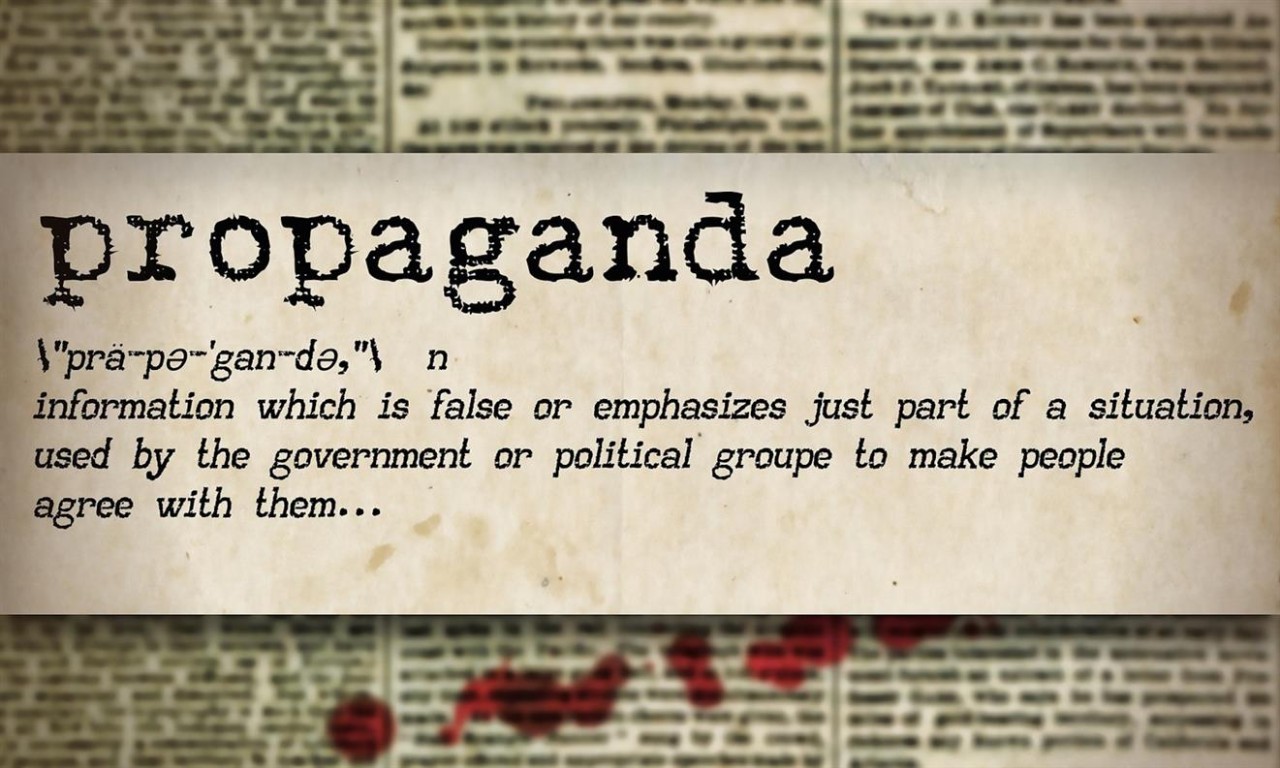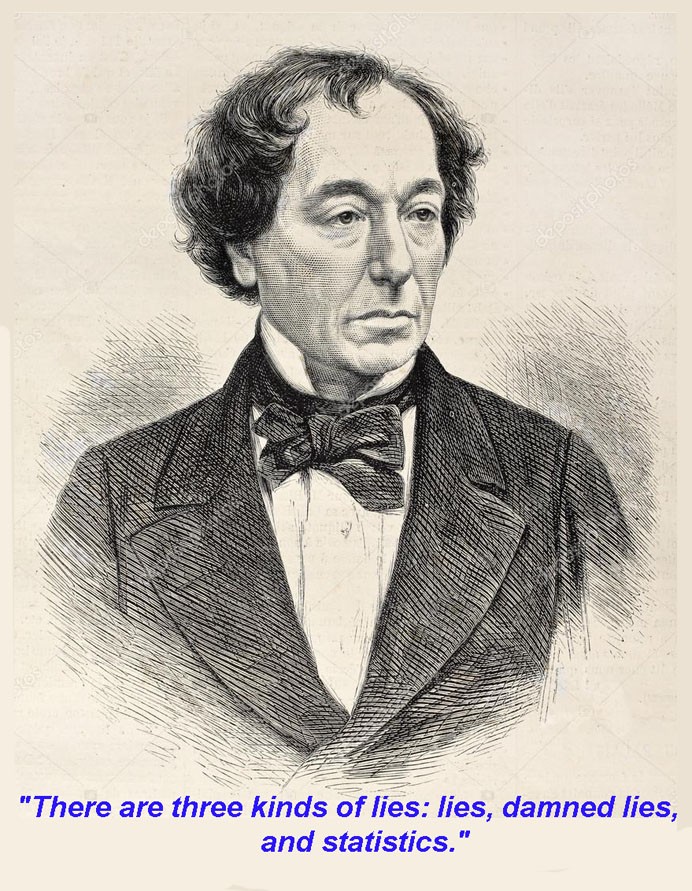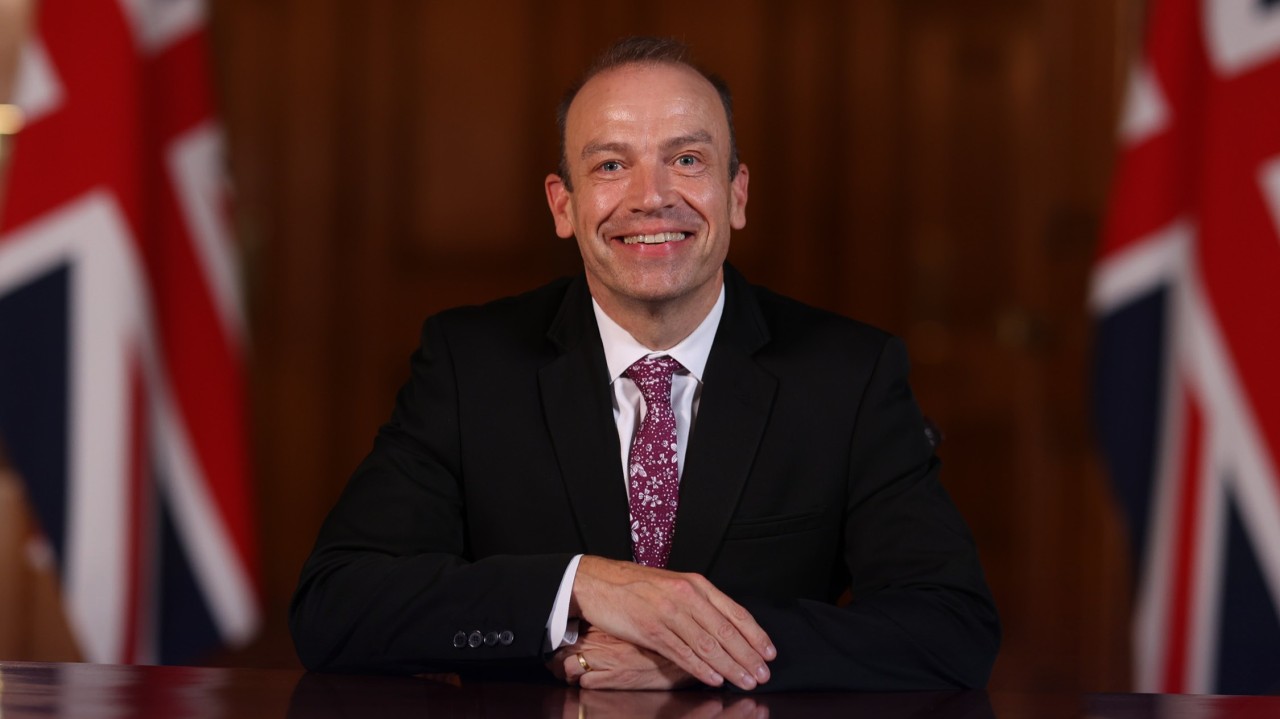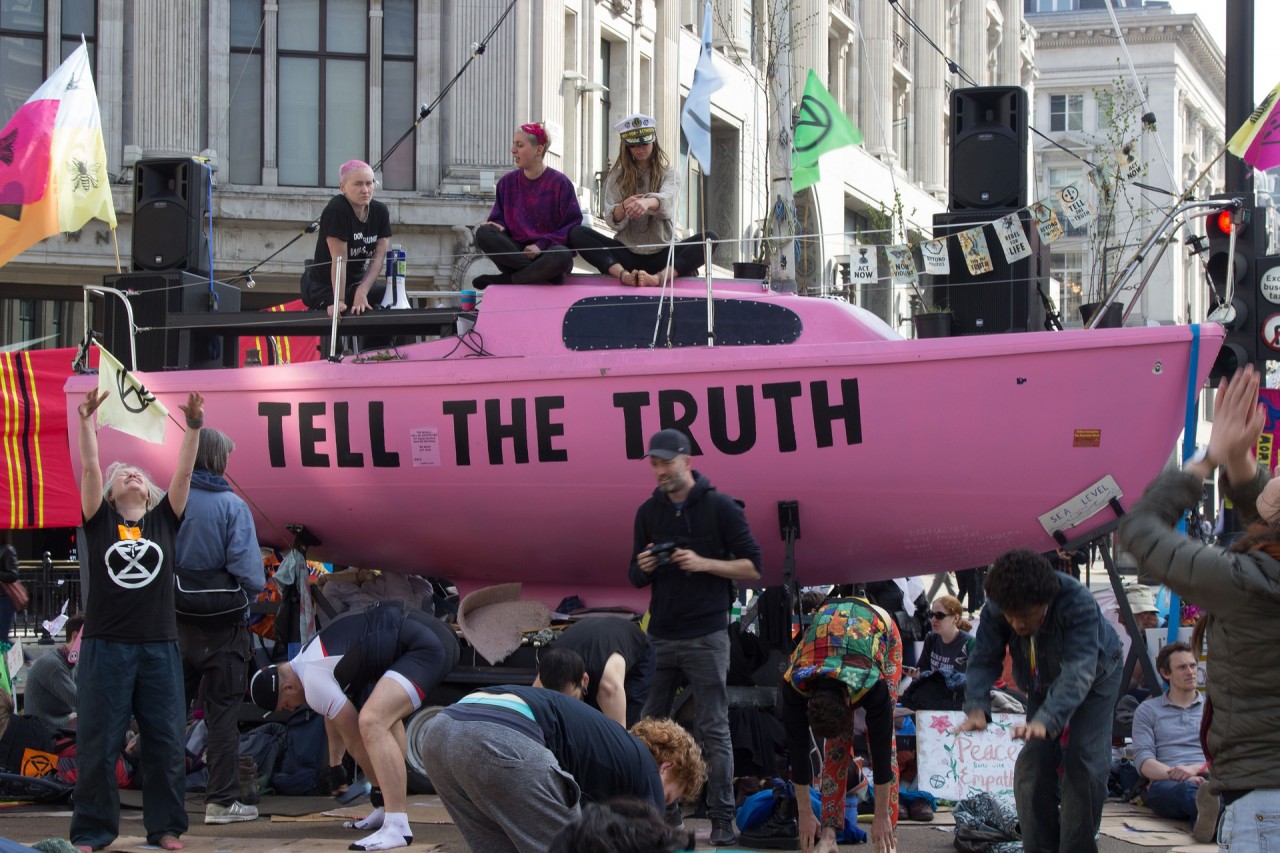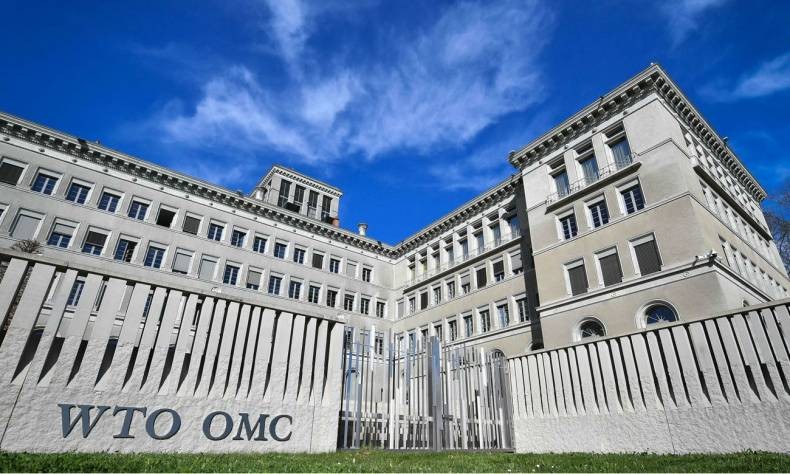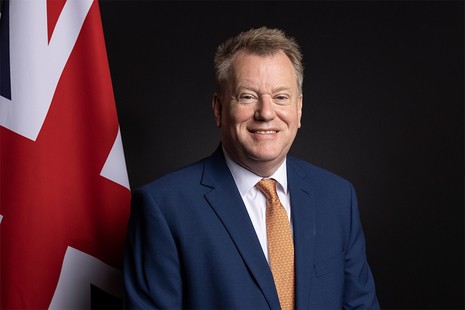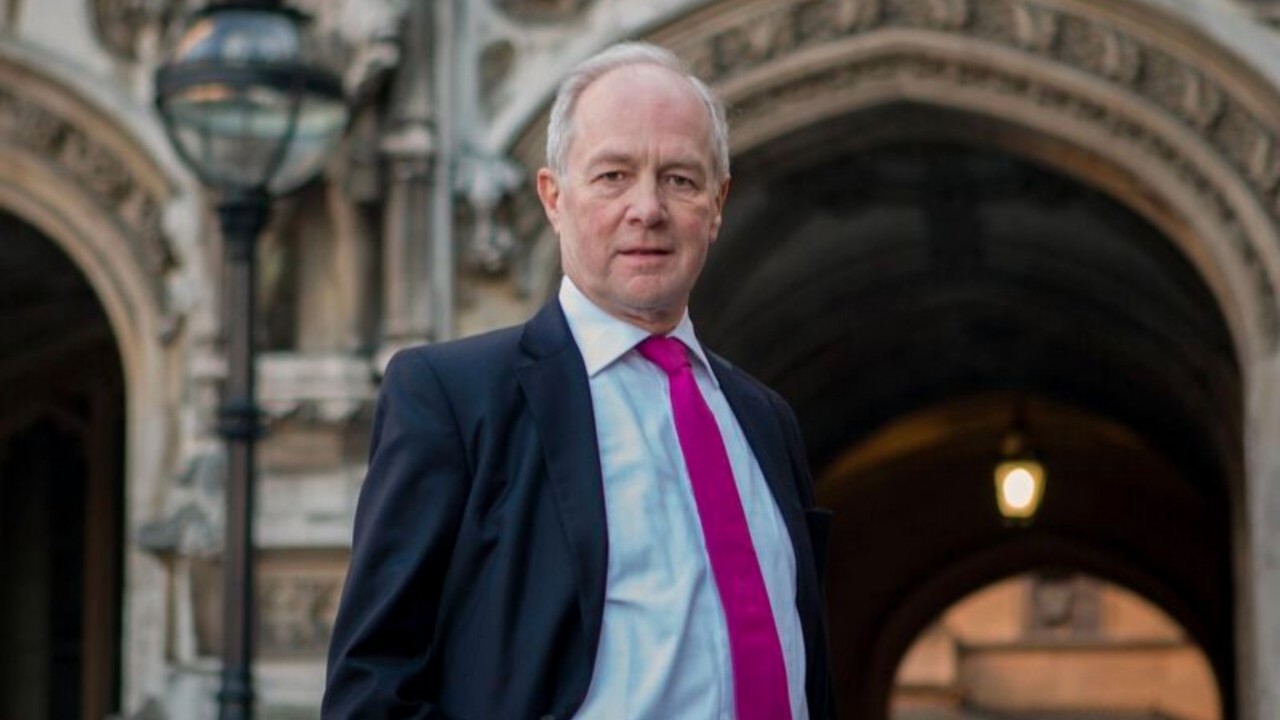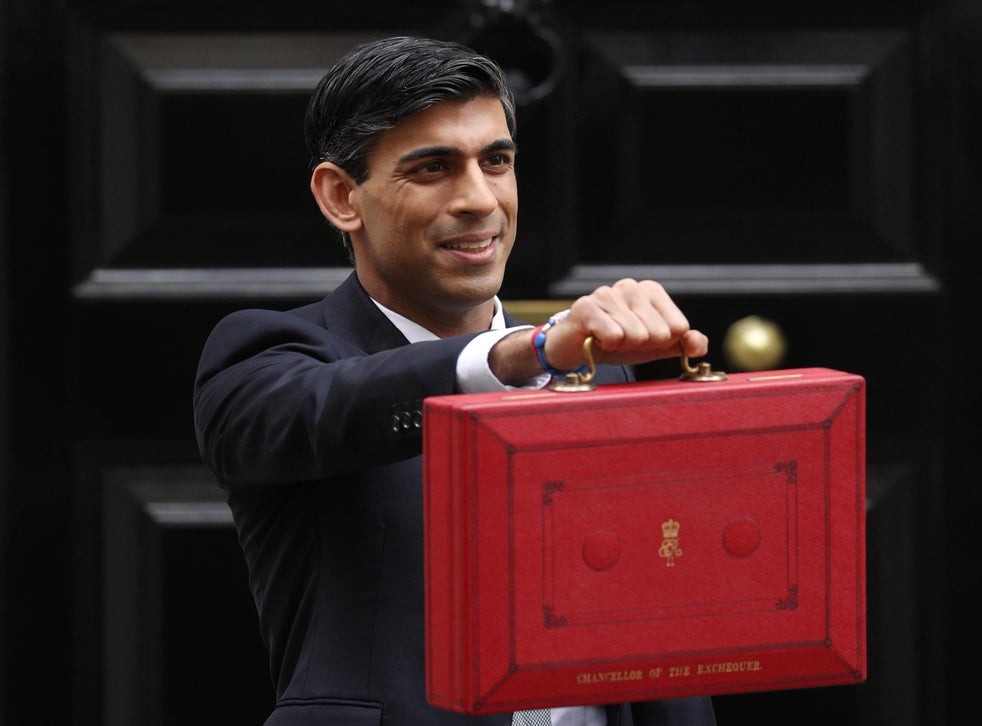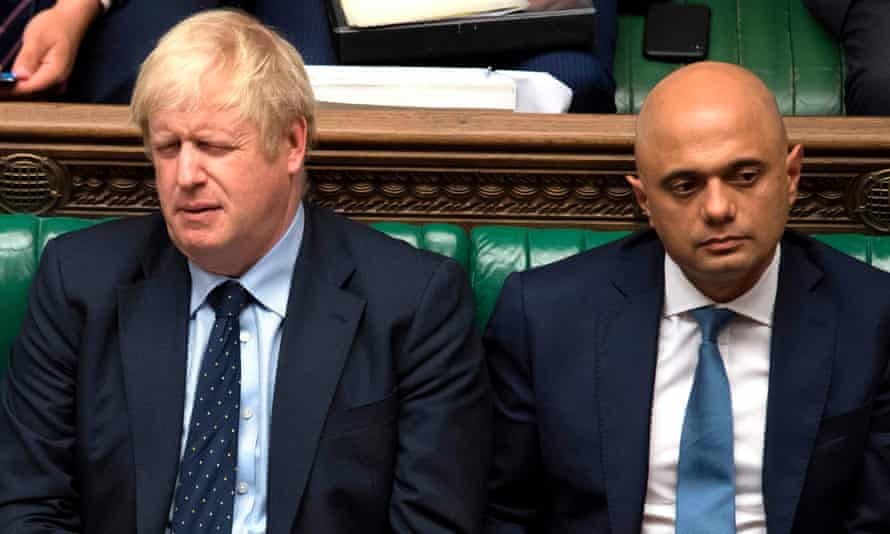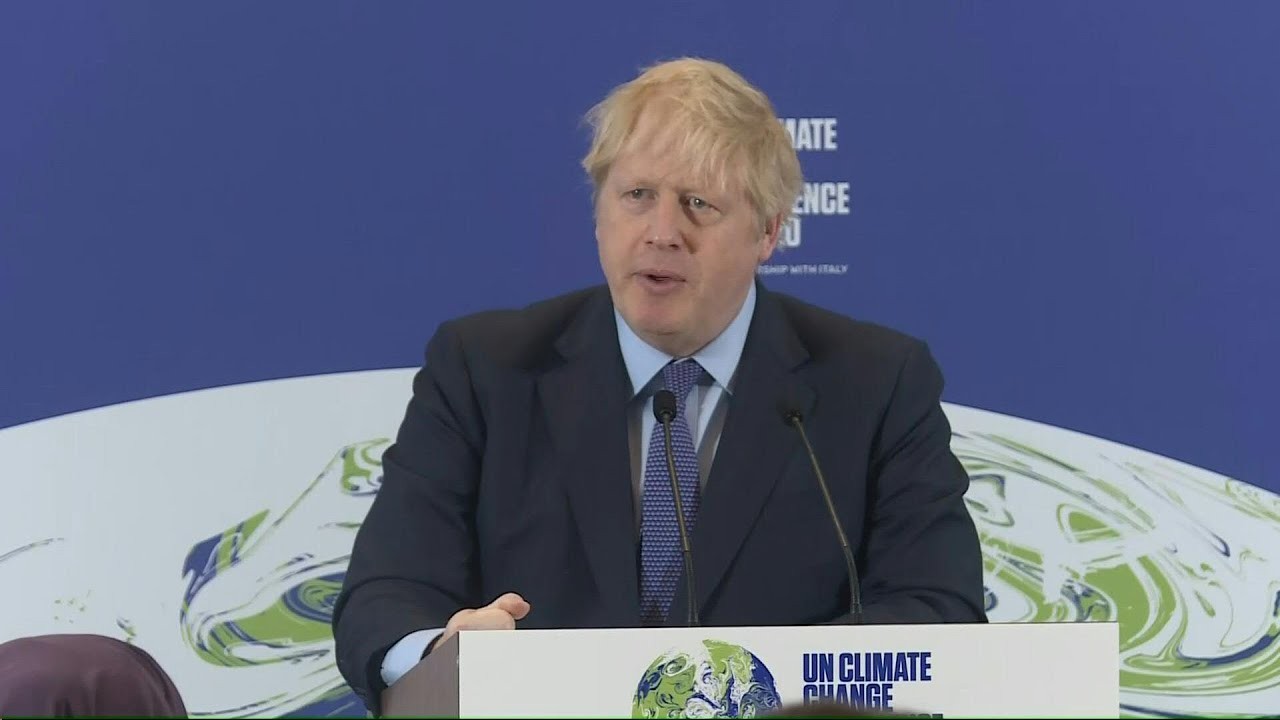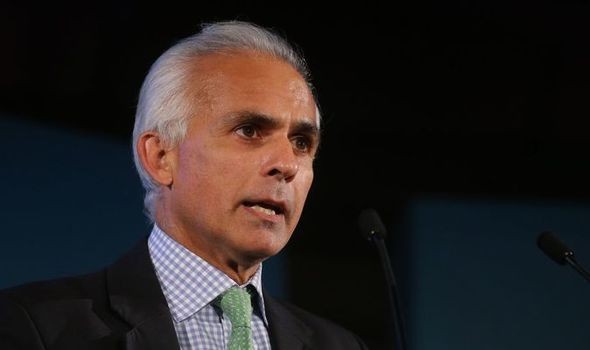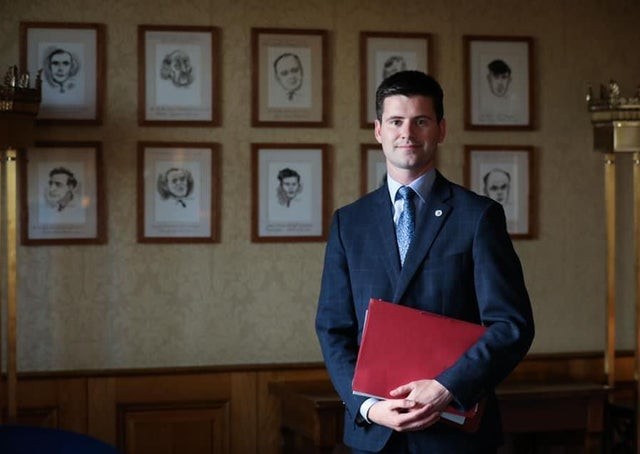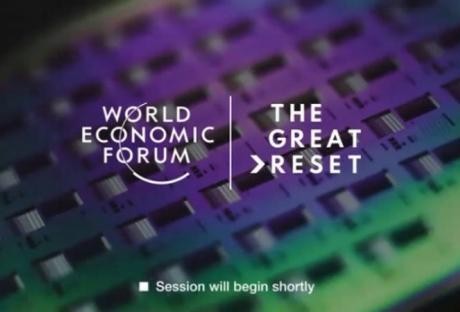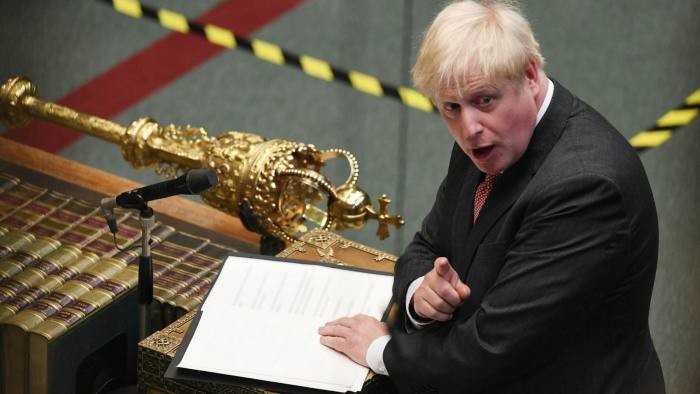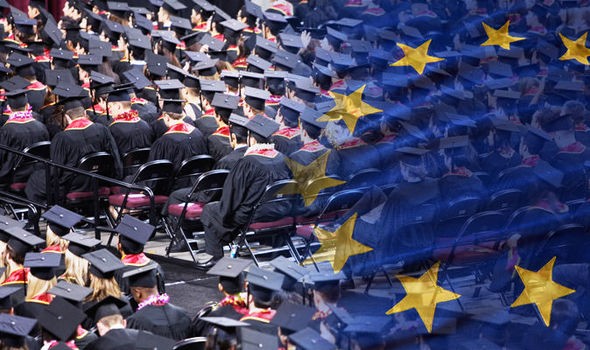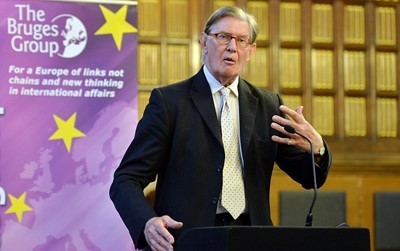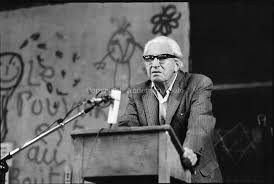Bruges Group Blog
Rachel - Black hole - Reeves seems unaware of the advice, "When you are in a hole, stop digging". First it was an inherited hole that she had fixed. Now the hole she fixed is bigger. A new culprit must be found. What better than Brexit, that hated dash for freedom that Hillary Benn, Keir Starmer and most of the Labour party tried to stop. Seeking t...
Personally, I am wary of making the case for Brexit based on the Brexit wins that have already been made, such as niche trade statistics. The reason is that, for most British people, life has got considerably worse since 2016. They are poorer, sicker, more anxious and less safe than a decade ago. That is not to say Brexit is to blame. However, the ...
Gauleiter Emmanuel Macron of the EU Province of France must wait for Führerin Ursula von der Leyen to agree his 'deal' with Starmer. Will she? Perhaps she will see an opportunity to restore free movement. Starmer did his best to overthrow democracy following the BREXIT referendum. Since becoming Prime Minister he has pursued an anti-British policy ...
There was a wonderful moment at the one and only Referendum Party conference, held over one day in Brighton during October 1996. This was my first ever political conference, I was there with my wife, Linda, and feeling very proud of myself as I had literally been selected as a Referendum Party Parliamentary candidate three days prior to the c...
What's the best way to destroy a project? The simple answer is to put a person or persons in charge who hate and are totally opposed to that project—that way failure is assured. From the 1st February 2020, the very first day Britain was officially set free from the EU's bureaucratic clutches, there were claims that Brexit was not working even befor...
Yet again there are calls for wicked Britain to pay eye watering sums of money for its part in the slave trade, which considering, during well over a thousand years of this country's long history, our unfortunate part in this vile trade was only a small moment of that long and varied past. At the 2024 Commonwealth gathering in Samoa, there were dem...
Sir Keir Starmer's plans relating to the UK's future relationship with the EU are unclear, but then again, his ever-shifting image and (apparent) political position (embracing Corbynism and Blairism), in an attempt to appeal to both Left and Right, Middle and Working class, the old red wall and staunchly pro-EU constituencies, does rather confuse e...
Words can define eras. Harold Wilson's government was full of people who, like their union paymasters, 'Acquiesced' so they could keep their jobs. Today, all of a sudden, all sorts of politicians, journalists and business people have discovered their contemporaries are guilty of egregious behaviour (not themselves of course). Are they all guilty of...
The World Health Organisation, with the support of governments, public-private agencies, profit-seeking multinational corporations, academic institutions, charities and foundations, has been allowed to become a medium for the international marketisation of medical tech and vaccines, and, if we are not careful, the use of these may become mand...
Attending one a Politiea event earlier in the year regarding stopping the boats on behalf of the Bruges Group it could be summarised as somewhat hesitant of the bill only providing half measures to combat immigration. The discussion revolved around the legal conservative perspective regarding the policy of "stopping the boats" through the...
According to the experts, Kier Starmer will be Prime Minister by March next year at the latest. On one level it makes little difference. The Conservative Party is indistinguishable from the Liberal Democrats, they are indistinguishable from Labour. Starmer pretends that Labour has moved right, to the centre ground. The reality is that while Cameron...
Reproduced with permission of Blue Anchor In this blog I'm going to run through the main economic consequences of Brexit. After the vote to leave The Guardian started a regular tracker to chart its impact on the economy. But as the Remainer predictions relentlessly turned to dust and the good news kept piling up, they quietly dropped this feature. ...
A year ago, I wrote suggesting that many of the current Conservative MPs would rue the day they ditched Boris. The blog was published in October 2022, and identified three key reasons why people had voted Conservative in the 2019 election: (1) Boris's call to 'get Brexit done' – this reflected the national mood when 'leave' won the referendum in 20...
The conservative party is constipated. Bringing back Cameron makes it worse, not better. The One Nation group of MPs led by Damien Green are Europhile. Despite the failing performance of the EU's major economies they still worship the 'project'. It's hard not to believe that their shenanigans are not deliberate sabotage. They have no hope of rejoin...
The termination of Home Secretary Suella Braverman by Prime Minister Rishi Sunak is evidently a calculated maneuver aimed at bolstering the stability of the Conservative Party and fortifying its electoral prospects in the imminent election. Braverman's successor, none other than David Cameron, the former leader of the Conservative Party, ousted in ...
The chief executive of Deutsche Bank Christian Sewing told a meeting in Frankfurt "We are not the sick man of Europe. But, it is also true that there are structural weaknesses that hold back our economy and prevent it from developing its great potential. And we will become the sick man of Europe if we do not address these structural issues now." Ac...
We are pleased to publish this analysis by Sebastian James based on his blog at The Blue Anchor. PART TWO In part two we look at GDP growth. The dataset is here. Here is the graph: Below is the section from 1956 when records began up to the 1975 referendum vote to remain: I see a line going up from bottom left to top right. GDP grew fro...
We are pleased to publish this analysis by Sebastian James based on his blog at The Blue Anchor. PART ONE After the vote to leave The Guardian started a regular tracker to chart its impact on the economy. But as the Remainer predictions turned to dust and the good news kept piling up the Guardian quietly dropped this feature. So I'm reviving ...
Two weeks ago I wrote an article about the show trial of Boris Johnson. It attracted attention and comment on twitter. I have never looked at comments on the Bruges Twitter feed and it was a revelation. The level of spite and childish name calling was staggering. Since the removal of Boris the antics of EU acolytes and their rejoiner friends has be...
Seven years after the Brexit referendum and three years since we actually left the EU project fear has intensified. Those who could never, and still cannot, explain why they want to be ruled by an unelected and democratically unaccountable president and 27 person commission, daily attack democracy. According to Osborne, Soros, Labour, Lib Dems, SNP...
The word aristocracy has many stigmas and dogmas to it, some good, some bad, and Britain's aristocracy has in the past deservingly or not earned most of them to some degree or another. The good far outweighs the bad, this good that our aristocracy has contributed mightily to our stability and prosperity and that without it we would have neither. To...
To summarise the whole Raab "bullying" scandal is best described from Conservative MP for Peterborough, Paul Bristow, deploring the saga as cynically making the UK as "not a serious country". Certainly Mr Bristow is pristine clear about this, the mockery that the accusation of "bullying" affecting the civil service makes our nation a joke.From...
As we approach the Coronation we can expect much malign and ill-informed comment from people who do not understand our political system. One reason for their ignorance will be the deplatforming of speakers who could put them right, such as the redoubtable David Starkey, shunned by the woke for their misrepresentation of an impatient and infelicitou...
Full yet? You wont see this on the BBC news but the last three quarters have seen the biggest improvement in the UK trade balance ever in history … EV-ER. This is precisely, exactly what the Remainiacs swore would NOT happen if we became an independent democracy again. The full dataset is here if you want to satisfy yourself I'm not maki...
"Richard Hughes, the chairman of the Office for Budget Responsibility, (OBR) claims Britain's departure from the European Union has reduced economic output by around 4 per cent compared to if the UK had remained in the bloc". "Speaking to the BBC's Sunday with Laura Kuenssberg programme, Hughes was asked to quantify the 4 per cent drop in UK e...
The repudiation of the sovereignty of the UK's people by a pro EU elite has always been a puzzle. It is a puzzle because not one of them was able to explain their reason. In the absence of a cogent argument, independence opponents resorted to 'Project Fear' during the referendum campaign on leaving the EU. Blood curdling threats were rolled out exp...
The appointment of Chris-Heaton Harris as the Secretary of State for Northern Ireland was greeted warmly by unionists, ever hopeful that at long last we would have a Secretary of State who cared as much about protecting the rights of unionists as those of nationalists. Moreover, there was a great hope that this UK Government would break with the sy...
As the dreaded 2030 deadline for the cessation of the manufacture and sale of all conventional petrol and diesel cars approaches, I have to wonder if our Prime Minister and other Government Ministers really have a clue as to what they are doing and if they realise the calamitous confusion they have set in place for the average British person. As a ...
Boris has offered his heart-felt apology to the nation for inadvertently breaking lockdown rules, for which he has been fined, but that is not enough for his political enemies unsurprisingly. Wednesday's PMQs were marked by a tiresome repetition by Opposition MPs demanding the resignation of the Prime Minister, using up precious parliamentary time ...
Facts4EU.Org presents their review of the major Global Soft Power rankings in the world. Their analysis of these rankings covers every year from the first in 2010 until the latest for 2022. We reviewed the three emerging ranking systems that have over time become more and more detailed and analytical. We started with the Institute of Governmen...
Whether the PM had gatherings/meetings/parties at No 10 and/or Whitehall is merely 'froth' or 'fluff', compared with the events unfolding throughout the country and the world. It is this unbalanced focus on trivia that has increasingly annoyed me, to the extent that I have been motivated to put metaphorical pen to paper, in an attempt to highlight ...
"We were the 28 MPs who saved Britain, we saved our nation and this is the inside story of how we did it." The Rt. Hon. Mark Francois MP The Bruges Group led the intellectual debate for Britain to leave the European Union and now we have the story from within, the story of the ERG from an MP who was at the heart of Brexit. 28 Members of Parliament ...
Introduction The purpose of these notes is to present some facts about the campaign to stop global warming and climate change. The climate has changed in the past, is probably changing now, and will change in the future. The campaign is trying to stop the unstoppable. The natural factors affecting global temperature are very powerful: terrestrial, ...
How refreshing to return from Party Conference which was held in a state of near normality. The only element which was not completely normal was that there were less people. That I think was due to the fact potential attendees were worried it would in the end be cancelled or that vaccine passports would be demanded in some form. This in a nutshell ...
"Does the WTO promote trade?" is the research question that this literature review attempts to answer. The key word "promote" is taken to mean increase. The WTO is an abbreviation of the World Trade Organisation and has '164 members since 29 July 2016'[](WTO Members and Observers, no date) and was established in 1995 after the conclusion of many ba...
Recently, we moved home. I advised all the utilities and services by phone or online. I did so well in advance, so that no last minute hitch would add to a naturally stressful time. Everything worked perfectly, except the TV licence. At first, I was encouraged by what seemed an easy notification system. "Advise us three months before you move" the ...
Where is the evidence that this ruling has saved anyone from being exposed to sub standard or dangerous products? We have heard so much from the EU Big Wigs and European politicians about how important it is to have checks on goods going from one part of the United Kingdom to another – mainland UK to Northern Ireland - it is therefore vital to...
I had the opportunity to speak to Lord (Peter) Lilley, a former speaker at a Bruges Group conference who served in Cabinet in the Thatcher and Major Governments as Secretary of State for Trade and Industry and Secretary of State for Social Security – and later in William (now Lord) Hague's Shadow Cabinet as Shadow Chancellor of the Exchequer and De...
Given I have not seen any coherent argument in the Media spelling out the true facts aimed At any members of the public who have been taken in by this ill thought through proposed policy of taxing private schools. It's time for a simple statement of the obvious to be circulated to as many people as possible. The notion Labour is trying to sel...
This government's refusal to plan for Britain to be self-reliant in energy has produced a perfect storm of soaring prices, disrupted gas supplies and domestic steel and other essential manufacturing output compromised. Years of inertia have been the consequence of a near-religious belief that "the market will provide" alongside an unfounded fixatio...
Hands up, who still thinks the Conservatives are a low tax party? If your hand is up, might I suggest you put it swiftly down and start writing some letters to the 321 Tory MPs who this week voted in favour of the biggest tax hike since the Second World War. Someone ought to inform them. Someone also might want to disband CCHQ come the next general...
Different opinion polls ask different questions. Survation's surveys of Scottish opinion ask, "should Scotland remain in the United Kingdom or leave the United Kingdom?" This question rightly offers both options. This follows the Electoral Commission's guidance that "A referendum question should present the options clearly, simply and neutrally." R...
SIR – Extra taxation on savers to fund the NHS and care-home fees is bizarre. Some paying the extra tax may have been motivated to save in order not to depend on the state in their old age. Now achieving that objective will be undermined. Others will be care-home residents, now having to make a higher tax contribution to fellow residents' costs.&nb...
Clearly neither Wales nor Scotland could create their own currencies: they would have to stay with the pound or join the euro. And since the euro is hugely unpopular in Scotland (only 18 per cent of Scots want to join the euro) - and would simply introduce dependence on Brussels - that would mean sticking with the pound. Yet Alex Salmond seems...
The claim that a dark and heaving nightclub delivers the perfect breeding ground for Covid isn't particularly contentious. Lots of people packed tightly together, snogging, singing and shouting in a confined space with poor ventilation is perhaps the Department of Health's worst nightmare. Now, if you want to keep clubbing in Britain, the governmen...
The United Nations Intergovernmental Panel on Climate Change (IPCC) published its sixth assessment report in August, setting off a chain reaction of apocalyptic responses. IPCC was set up in 1988 to scientifically understand human-induced climate change, its impact and possible responses. But every IPCC report since the first in 1990 has been accom...
There are some things in life that should never mix, pineapple and pizza, baking soda and vinegar, but perhaps more than both of those examples is sport and politics! This last year has emphasised that more than anything, from taking the knee before every single sporting event to the supposedly controversial opinion of male athletes competing in wo...
I caught up with former Brexit Party MEP, Ben Habib who now runs the pressure group 'Unlocked', campaigning for an end to lockdown and highlighting the economic and social damage of remaining in lockdown. You can watch the full conversation on YouTube, with links to the videos throughout or digest a condensed summary on each question and debate poi...
For years, politicians and industry associations have claimed that the UK can simply ignoring EU defence contract rules which require an international competition where the cheapest bid wins. If the rules were rigid, UK defence and shipbuilding industry would lose many UK Government contract overseas. But the rules are not rigid, they have always c...
Here is my speech to the Northern Irish Legislative Assembly on 25th January 2021 on the subject of The Health Protection Regulations. As a bit of context, it has been revealed last week that some 275 people had their red flag Cancer surgeries cancelled in Northern Ireland, due to COVID pressures. This is the reality. Patients awaiting time-d...
Initial article on The Bow Group By Robert Oulds and Dr Niall McCrae "You'll own nothing, and you'll be happy" (World Economic Forum, 18 November 2016). Covid-19 is a crisis too good to waste for UN agencies and other transnational bodies. The coronavirus pandemic has led to governments around the world signing up to the 'Great Reset' designe...
Link to the full paper by the Centre for Brexit Studies By The Rt. Hon. Sir Iain Duncan Smith MP (Conservative Party MP), Martin Howe QC (Intellectual Property and EU Law; Chairman of Lawyers for Britain), Professor David Collins (International Economic Law, University of London), Edgar Miller (Managing Director of Palladian Limited;...
Samuel Johnson famously said, 'when a man is tired of London, he is tired of life'. However, unlike S.Johnson, it seems that B.Johnson has succumbed to this, in light of the lack of news surrounding the future of our greatest financial asset, the City of London. Whilst the recent focus has been perpetually on State Aid and fishing rights, the City ...
European technocrats and their British supporters have been left aghast by the government decision to present the Internal Market Bill, designed to protect the integrity of the United Kingdom. The remainer machinery, which has remained largely dormant over the past few months, has awaken in defence of international law and the United Kingdom's stan...
For too long tradition and common sense have been marginalised by an illiberal elite, whose supposedly progressive ideology has degenerated into a collective mental malady. This treatise describes the virulent spread of 'woke' groupthink as Moralitis - a cultural virus. The symptoms of this disease include "corrupted rationalism, infantile reasonin...
The week before last, the Minister of State for Universities, Michelle Donelan, announced that EU, EEA and Swiss nationals will no longer be granted home fee status and access to student loans at universities in England from 2021. While the move should not have come as any real shock to those properly following the Brexit saga, the decision has bee...
Having experienced the entire process of leaving the EU since the Maastricht rebellion, through to the passing of the sovereignty clause, Section 38 of the Withdrawal Agreement Act 2020, including the result of the referendum itself, I am thoroughly aware that there must be no ECJ jurisdiction after 31 December 2020. The Governm...
The absence of a pan-European fiscal union combined with the departure of the United Kingdom have left European finances is disarray. This has been exacerbated by a crisis that has sown divisions in a frail union with poorer states demanding that richer countries foot the bill to save the Union. When Germany's constitutional court questioned t...
Margaret Thatcher's Bruges Speech, 1988 on The Bruges Group YouTube channel https://www.youtube.com/watch?v=rqv8HF84EOs Today marks the death of our greatest peacetime leader, Margaret Thatcher, a woman who defined British politics for more than a generation. Elected as the first female leader of any major political party in the UK in 1975, su...
Just yesterday, the EU's President of the European Research Council, Mauro Ferrari, resigned over the EU's failure to act on his advice to set up a large scale, EU wide programme to combat COVID-19. Professor Ferrari only began the role at the turn of the year and submitted his resignation to the President of the EU Commission, Ursula von der Leyen...
First do no harm, states the Hippocratic Oath. In the coronavirus pandemic, medical experts here and in several European countries prescribed lockdown. Yet this was not evidence-based practice, and it may indeed have been more harmful than the virus itself. In hospitals across the country, doctors and nurses are working tirelessly as a surge of cor...
The purpose of these notes is to present some facts about the campaign to stop global warming and climate change. The climate has changed in the past, is probably changing now, and will change in the future. The campaign is trying to stop the unstoppable. The natural factors affecting global temperature are very powerful: terr...
It often thought that lobbying, the professional representation of private interests to governments and subsequent attempts to influence policy, was confined to industrial-like political powerhouses of Washington D.C., the capital of the free world, and Brussels, the de facto capital of the European Union. In the US, the currency within lobbying is...
When we hear about gambling as it relates to Brexit, it's typically regarding betting on different outcomes. Inevitably, there have in fact been betting markets these past few years aimed at predicting when Brexit might happen, what it might look like, etc. What doesn't get as much attention though is the idea of what effect Brexit could have on th...
It is uncertain whether the UK will leave the EU on 31st October 2019. Even if we do, there is much work to be done to overturn nearly five decades of EU directives, regulations and rulings which have been imposed on the UK. One of the most egregious examples of such a law is the Climate Change Act 2008. (1) The Climate Change Act implements Direct...
There was, in the offices of the Daily Beast in Evelyn Waugh's Scoop, frequent use of the phrase "Up to a point, Lord Copper". As alert readers will remember, it actually meant "No". The EU and its supporters have a good deal in common with the Beast, when it comes to taking ordinary words and saying they mean something new and unexpected. Think "c...
The phenomenon of fake news has become a major story in itself. CNN constantly dishing the dirt on Donald Trump with no pretence of impartiality; the Guardian blaming Russian interference for Brexit; conspiracy theories abound. Economy of truth and sensationalism are not new, but undoubtedly the problem has worsened with the internet, which has spa...
A report by Victoria Hewson, Senior Counsel of the IEA's International Trade and Competition Unit There are three main factors behind the fears in relation to medical provisions post-Brexit. Here we examine what the potential problems are and the available solutions: 1. New tariffs would raise prices It has been suggested that the prices of ...
Dear members of Her Majesty's Government, In your efforts to ensure the UK's smooth transition away from EU membership, you have met more than one stumbling block. It's still unclear whether the European Court of Justice will maintain jurisdiction in Britain. The amount of money on offer to the EU to "settle your accounts" has only increased, and d...
In the months leading up to United Kingdom's 2016 European Union membership referendum, many "independent" think tanks espoused studies against Brexit. However, these UK-based, pro EU campaigners and their research remain closely linked to Brussels through financial funding. The European Commission's tactic of shelling out millions to pro-EU lobby ...
The thing that first drew me to being opposed to our membership of the EU in 1991 was the realisation my elected Government was not in control of our country, that authority had passed to an offshore, unelected and unaccountable body. My awakening came through a letter written to the Chancellor of the Exchequer during the terrible recession o...
Since Theresa May's Lancaster House Speech in January of this year, two new Project Fears have sprung up. The first (from The Labour Party, EFTA4UK, Liberal Leave, Leave HQ and Dr Richard North) states that “We need to remain members of the EU's internal market after we officially leave the EU”, even though there are over 50 countries outside of th...
Michel Barnier is quickly becoming a pantomime villain in the UK, with his regular grandstanding and puerile PR stunts. But a lot of British commentators still give him far too much credit - we can only guess they haven't looked into the wreckage of his political career.(Photograph courtesy of Foto-AG Gymnasium Melle)Barnier's track record, describ...
[pb_row ][pb_column span="span12"][pb_heading el_title="Article Sub Title" tag="h4" text_align="inherit" font="inherit" border_bottom_style="solid" border_bottom_color="#000000" appearing_animation="0" ]Technology is driving changes that remote bureaucrats have yet to imagine. Brexit is about openness. It’s about people realising their global role ...
Contact us
246 Linen Hall, 162-168 Regent Street
London W1B 5TB
Director : Robert Oulds MA, FRSA
Founder Chairman : Lord Harris of High Cross






